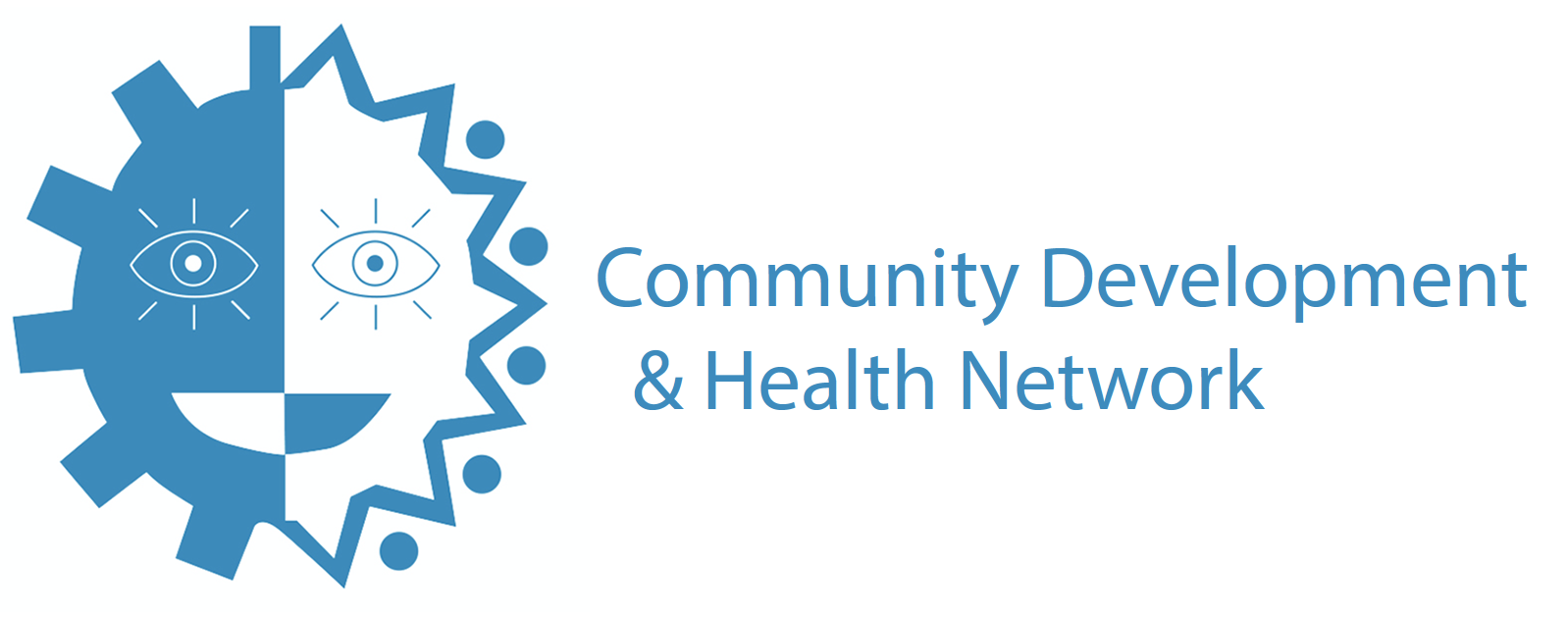Policy context for CDHN work
Research on health inequalities shows that health and illness follow a social gradient - the lower a person’s socioeconomic position, the poorer their health will likely be. This downward slope is the product of the social determinants of health (SDOH) (Marmot, 2010).
The WHO Global Commission on the SDOH (CSDH, 2008) identified three areas for critical action in tackling inequalities in health
- Improve daily living conditions
- Tackle the inequitable distribution of power, money, and resources
- Measure and understand the problem and assess the impact of action
Improving health outcomes and reducing health inequalities are a key focal point in policy in Northern Ireland
- Making Life Better (DHSSPS, 2014) and Delivering Together (DoH, 2016) aim to reduce health inequalities and reference community-based approaches to help achieve this
- The draft Programme for Government (PfG) (NI Executive, 2016) and draft PfG outcomes framework (NI Executive, 2021) have a focus on improving health, wellbeing and quality of life
- The new Integrated Care System in Northern Ireland is underpinned by a population health approach to re-orientate the system towards prevention and address health inequalities. (DoH, 2024)
- One of the six outcomes of the Community Pharmacy Strategic Plan 2030 is to ‘Strengthen community development links to help address health inequalities and improve health literacy’ (DoH, 2024)
- The DoH Expansion of Community Development Approaches report and plan (DoH, 2018) sets a clear direction to advance community development approaches in improving health and wellbeing and reducing health inequalities. The report and plan adopted the WHO CSDH three principles for tackling heath inequalities
A recent BMJ article on future of the NHS emphasises the responsibility of Government and other social factors to take systemwide actions on the social determinants of health to create the right social environment to support people and prevent ill health and inequalities in communities: “The individualistic approach to health assigns blame to those who show behaviours associated with ill health, and is a convenient mechanism for those in and with power, and wider society, to abrogate responsibility for creating the conditions for a healthy society. Instead, those with the worst health are blamed for their conditions” (Hiam et al 2024).
Our Policy Work
CDHN works to strengthen the understanding of decision makers, practitioners and communities as to how social policies and programmes interact with social determinants of health and influence health inequalities. This is achieved through the provision of information, workshops, advocacy and policy responses.
CDHN advocates for the political empowerment and inclusion of all groups in policy and decision making. We support our members on their journey of political empowerment by helping them understand social policy - how it is made and the structures and systems which create and deliver social policy. We provide opportunities and support for engagement between policy makers, communities and practitioners.
You can read our recent policy responses here
BCPP News - Policy Context
In our latest edition of BCPP News, we shine a light on the youth sector and share stories from BCPP projects working with children and young people across Northern Ireland. To set the context for these stories, we highlight the challenges for the youth sector and the current policy environment.
You can read the full version here.



